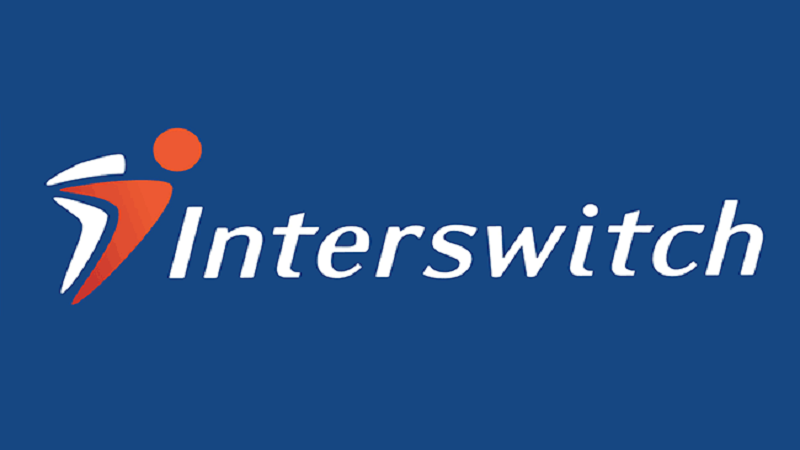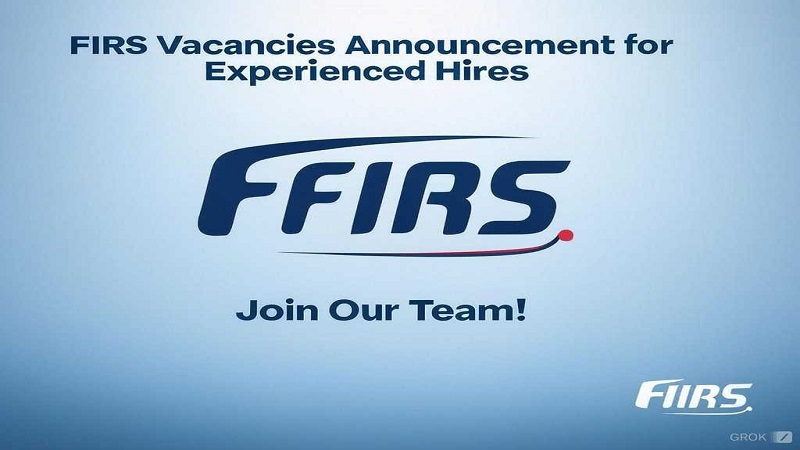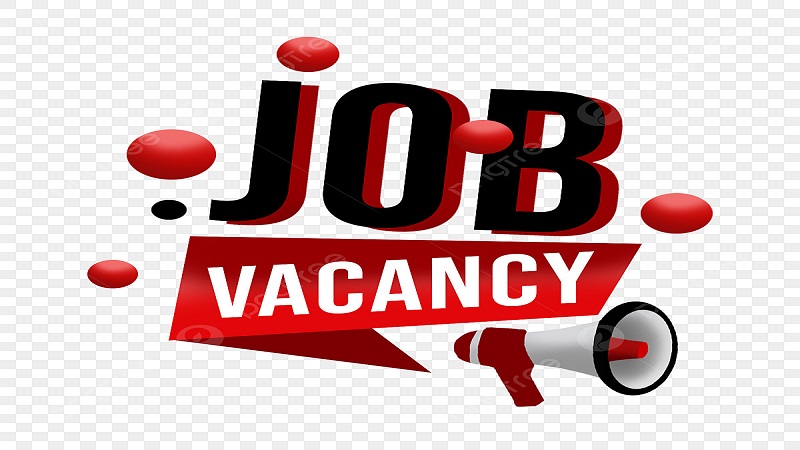Over 20+ New Jobs Daily

Job Title: Interswitch is Hiring Data Engineers. Apply
JOB PURPOSE
To understand data sets collected from different sources, to put them in a centralised data store ready for analytics and data science and to transform them for business intelligence or machine learning.
To apply software engineering principles to ETL development using a new set of tools. To create and enhance products which benefit from the power of distributed processing.
To understand the infrastructure and data architecture to identify reasons for successful and failed products.
RESPONSIBILITIES
Data Architecture
- Consult and educate stakeholders on methods for streamlining and standardising data recording to ensure quality and accuracy.
- Develop, construct, test and maintain architectures, such as databases and large-scale processing systems to enable the usability, accessibility and
transformation of data. - Collaborate with other Data Architecture teams within Interswitch to identify synergies and drive a cohesive approach to data governance and architecture across the payment processing.
Performance Improvement through Business Intelligence
- Support creation of machine learning algorithms by applying standard statistical analysis or data preparation methods.
- Employ regression modelling to model the relationship between unique sets of data through statistically-proficient and engineering means.
- Study consumption trends and segmentation analysis to inform marketing and business performance metrics.
- Narrow big datasets down to series of data that is presented to key business stakeholders.
Internal Communications and Capability Building
- Help others get the most out of internal communications systems by offering support and advice.
- Serve as an advocate for data-driven product design, evangelise insights on what is working and what is not to help drive incremental gains in pipeline and revenue.
- Act as mentor and coach to team members while fostering an environment of mutual respect and trust among senior-level team members.
- Maintain an understanding of relevant technology, external regulation and industry best practices through ongoing education, attending conferences and reading specialist media.
- Deepen understanding of underlying structures that constitute a data pipeline and manipulate these structures to ensure quality assurance and to enable data scientists to build effective algorithms, models and tools.
- Use statistical and engineering techniques to apply data processing tools to real world business structures
Technical Database Support
- Design distribution of basic database resources and provide physical modeling and design services to tune database applications for optimum performance.
- Assist in the development of large scale data structures and pipelines to organise, collect and standardise data that helps generate insights and addresses reporting needs.
- Apply understanding of key business drivers to inform decision-making.
Uses expertise, judgment and precedents to contribute to the resolution of moderately complex problems. - Interface with cross-functional teams to define data requirements and source data, either in terms of raw data or modelled data and logic to support insights, dashboard, and report requirements that inform decision-making.
Advanced and Predictive Analytics
- Support interpretation of advanced and predictive analytics data, using specialised software tools and functionalities.
- Understand a myriad of technologies in-depth, pick the right tool for the job and write code in Scala, Java, or Python to create resilient and scalable solutions.
- Assess performance and recommend next steps as new products are launched and provide new measurement methodologies on key metrics to assess the success and failures of a product.
BEHAVIORAL COMPETENCIES
Manages Complexity
- Makes sense of complex, high quantity, and sometimes contradictory information to effectively solve problems. For example, looks at complex issues from multiple angles; explores issues to uncover underlying issues and root causes; sees the main consequences and implications of different options.
Plans and Aligns
- Plans and prioritises work to meet commitments aligned with organisational goals. For example, outlines clear plans that put actions in a logical sequence; conveys some time frames. Aligns own work with relevant workgroups. Takes some steps to reduce bottlenecks and speed up the work.
SKILLS
Data Collection, Analysis and Control
- Works without supervision and provides technical guidance when required on analysing data trends for use in reports to help guide decision making.
- Works without supervision and provides technical guidance when required on acquiring, organising, protecting and processing data to fulfill business objectives.
Business Requirements Analysis
- Works without supervision and provides technical guidance when required on analysing the business requirements that IT solutions must meet.
- Determine acceptance and evaluation criteria; Prioritisation; Observation; Focus groups; Analysis Skills.
Policy, Procedures and Compliance Management
- Works without supervision and provides technical guidance when required on developing, monitoring, interpreting and understanding policies and procedures,
while making sure they match organisational strategies and objectives. - Works without supervision and provides technical guidance when required on achieving full compliance with applicable rules and regulations in management and operations.
Application Development
- Works without supervision and provides technical guidance when required on developing software using programming languages.
Verbal and Written Communication
- Uses clear and effective verbal and written communications skills without supervision and provides technical guidance when required on expressing ideas, requesting actions and formulating plans or policies.
Architecture
- Works without supervision and provides technical guidance when required on designing architectures that meet system and service requirements.
Presentation skills
- Needs guidance (but not supervision) to communicate with other people by speaking in a clear, concise and compelling manner



